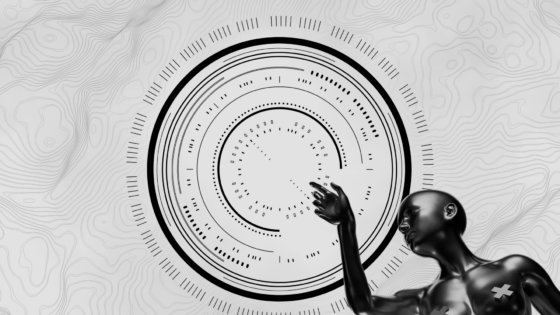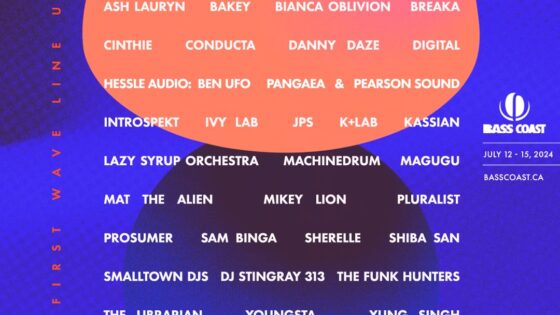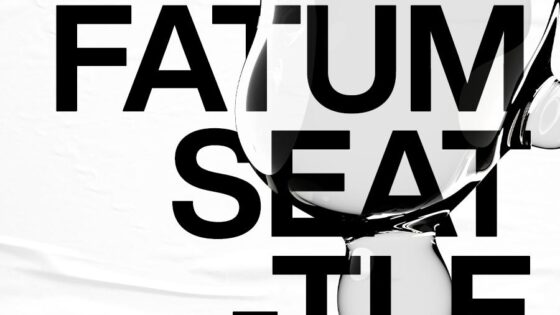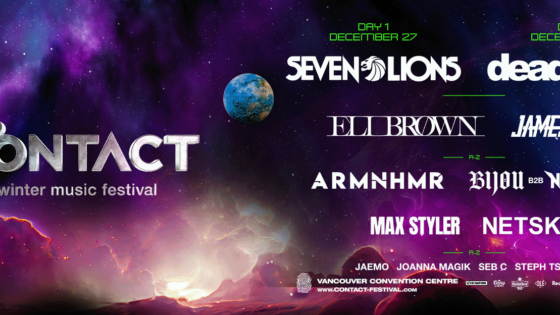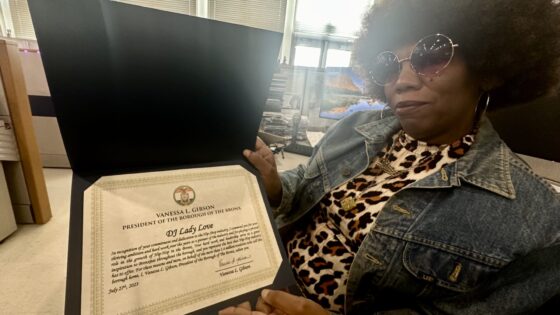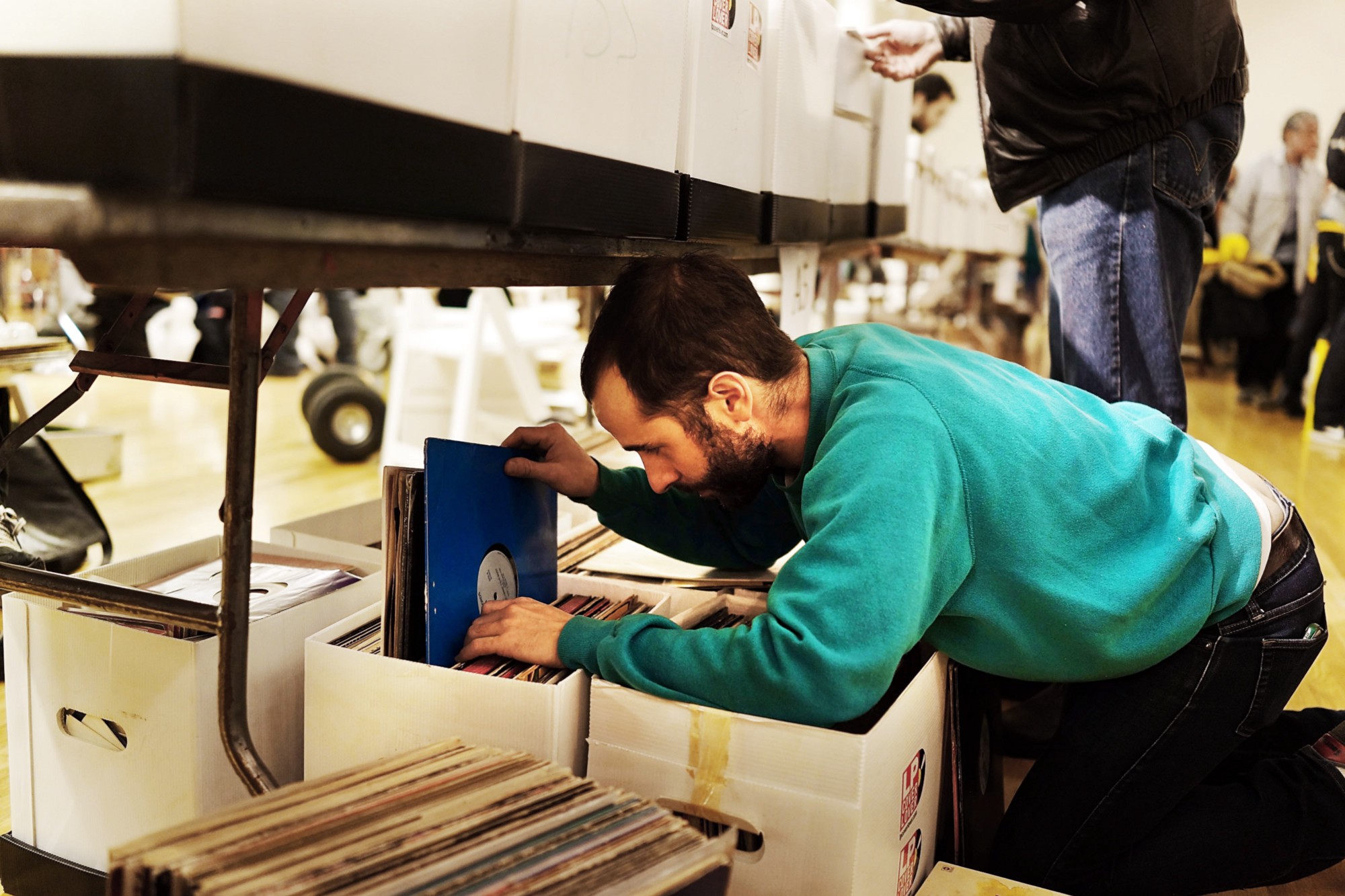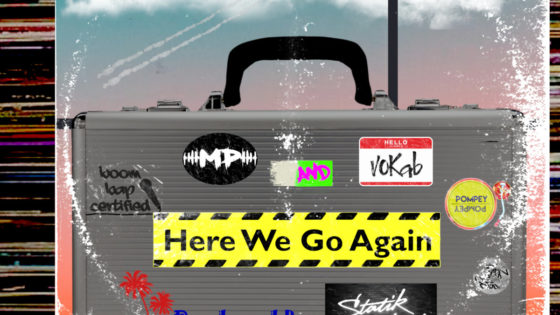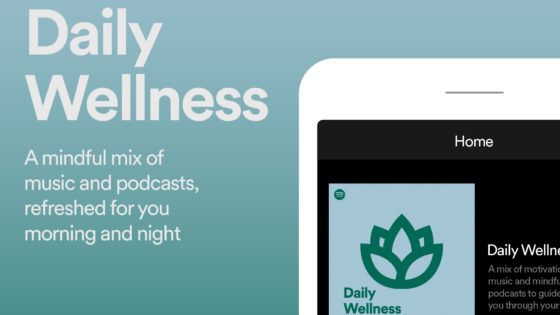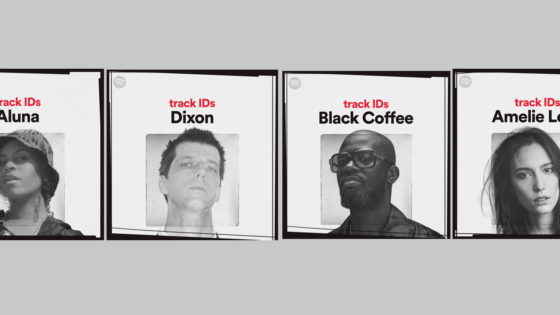There was a time, long ago, when music was a thing you held in your hand before putting in your ears. It was a tangible thing, something warranting a trip to the store. Actual buildings existed to house all this music, and people frequented them—record stores.
These record stores were one of a handful of ways people discovered new music. A person behind the counter would listen to you name off artists you like and suggest 10 more. If that wasn’t the case, you might ask a friend who they’re listening to and see if they have any recommendations for you. Or maybe you’d hear something on the radio and fall in love immediately.
Then comes the streaming revolution. What’s basically the entire history of recorded music becomes immediately available to you whenever you want, and it’s dirt cheap. Even the collection of the most prolific DJ now pails in comparison to your own two second Spotify or SoundCloud search. A question arises: how on earth do you sift through all this music?
Spotify has an answer—Discover Weekly. If you don’t know what Discover Weekly is, or know what it is but not how it works, Quartz ran an article a while back that covers that and more, and it’s seriously interesting. Basically, Spotify pulls data from over 2 billion playlists worldwide. If they find a playlist similar to yours, and that playlist has a song that yours doesn’t, they’ll recommend that song to you. For example, if you and someone else both have song A and song B on your playlists, but they have song C, they’ll recommend song C to you. They couple that data with user-specific “taste profiles” that break your listening habits down to genre-defined categories, thus adding another filter to the curating process. In the end, you’re left with 30 songs that are all somewhat tailored to your tastes, all without the use of personal interactions.
SoundCloud also provides you a list of related songs based on your likes and recent plays when you search in the app or on your computer. This allows you to “discover more tracks.” They also provide you with a playlist called The Upload, which includes twenty “newly posted tracks. Just for you.”
That exclusion of the human element is exactly what’s so terrifying about the whole thing to so many people. The discovery of new music has always been such a personal thing, a way to connect with and better understand the people around you. I think Ben Ratliff, New York Times pop critic and author of a book on the subject, does a great job of explaining this in an interview he did with FiveThirtyEight last year:
[pullquote]Listening to music is one of the things that helps you discover your humanity. Through listening to music you learn how to walk and talk and move and have relationships and speak different languages. You pick up things from music that really increase your humanity. Music is mysterious. And I don’t want robots completely in control of my sense of discovery.[/pullquote]
Ratliff’s argument makes perfect sense to me—no one wants robots controlling the radio. It’s understandable to be weary of them, and no one should ever depend on them entirely. But the reality is that, no, they’re not here to take the human element out of finding music. In a time when the sheer number of readily accessible artists is mind boggling to say the least, they can actually be pretty helpful. Rather than flying blindly down the rabbit hole of related artists, music streaming algorithms help us navigate a seemingly endless pool of music with near perfect accuracy, and they seem to do it pretty well.
To this day, only some of the music we find comes via streaming sites, although it may not seem that way. Most often though, it’s our friends and family introduce the most music to us, whether it’s a link, screenshot, or Snapchat with a message urging you to check it out when you have a second. When we stumble across something we like, we’ll save the link and send it out to anyone that might be into it as well. Streaming services aren’t limiting the amount of music we share with people, it’s providing us with opportunities to do it even more.
In many ways, the argument boils down to the same one we’ve been having since forever about the digital age: how does humanity translate into ones and zeros? How can social media ever replace face to face communication? How can finding new music online ever be as meaningful as having it shown to you by a friend or loved one?
The answer is that it can’t. Talking will always be better when someone’s in the room with you. Music will always be more meaningful when a friend turns you onto it. Music streaming algorithms can act as a kind of tool to supplement that process. They’re not here to dictate your tastes and dominate your playlists, they’re another guiding hand to escort you into the musical oblivion that reaches out forever in all directions. And maybe, that’s a good thing.
What are some of the best ways to find new music? Do you use Discover Weekly or other streaming services? Let us know in the comments below.
Important things happen in Pacific Northwest nightlife, and DMNW will send you alerts!





